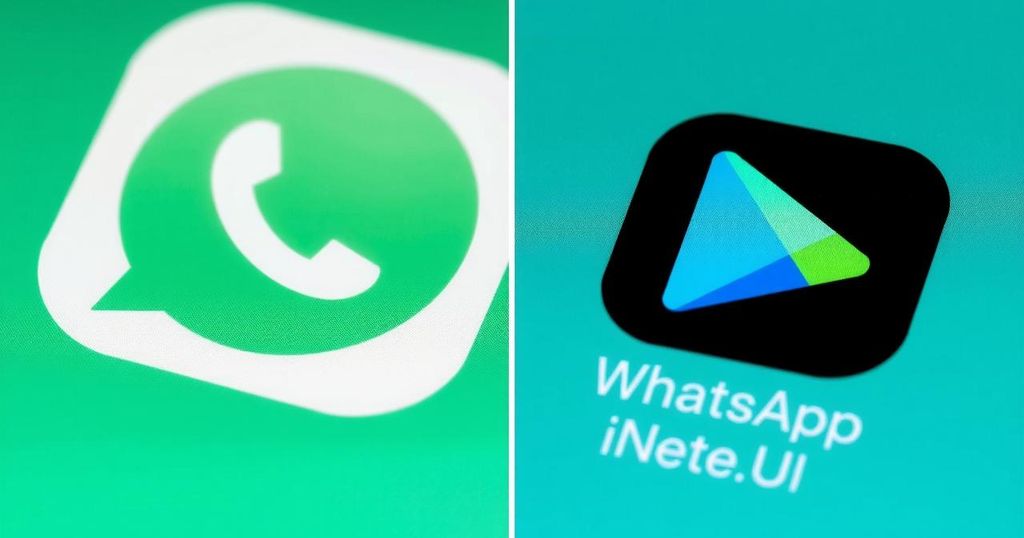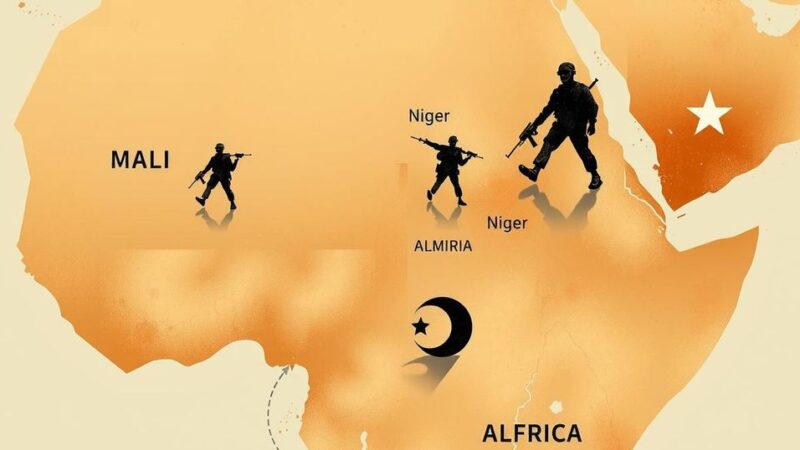Iran has lifted its ban on WhatsApp and Google Play, indicating a potential easing of Internet restrictions. The decision follows a meeting led by President Masoud Pezeshkian and is viewed as a response to public demand for increased access to foreign social media platforms. This move comes amid ongoing U.S. pressures for tech companies to help circumvent online censorship in Iran.
Iranian authorities have officially lifted the ban on Meta’s popular messaging application WhatsApp and the Google Play Store, marking a significant move towards the easing of stringent Internet controls in the nation. According to Iranian state media, this decision is a preliminary step, following a confidential meeting led by President Masoud Pezeshkian. Minister of Information and Communications Technology Sattar Hashemi announced that this action reflects a majority agreement to facilitate access to certain foreign platforms that have been restricted for long periods.
The Islamic Republic of Iran has long been recognized for its stringent Internet censorship policies, often ranking among the countries with the most restrictive online environments globally. Nevertheless, many Iranians adeptly circumvent these blocks through the use of virtual private networks (VPNs), enabling them to access platforms such as Facebook, Twitter, and YouTube, which remain officially prohibited. This recent change indicates a potential shift in the government’s stance towards digital freedom, which has been increasingly demanded by the populace during various anti-government protests.
Historically, social media has played a substantial role in mobilizing citizens against the government, significantly during protests. In light of this, there have been calls from the United States urging major technology companies to assist in overcoming online censorship in nations that impose heavy restrictions, including Iran.
The lifting of the ban on WhatsApp and Google Play by Iranian authorities may signify a broader move towards reducing Internet restrictions, which have historically limited the flow of information and communication. Iran’s rigorous censorship is largely aimed at controlling public discourse and dissent, especially in light of recent protests where social media was pivotal. The availability of foreign social media platforms may enhance public expression and engagement, reflecting a shift in societal demands for digital freedom.
The Iranian government’s decision to lift the ban on WhatsApp and Google Play presents a notable change in its Internet policy. It signifies an initial move toward potentially expanding access to foreign digital platforms, which may reflect a response to public dissatisfaction and the effective use of social media during protests. Continued monitoring of this situation is essential, particularly in light of historical censorship practices.
Original Source: www.arabnews.com






